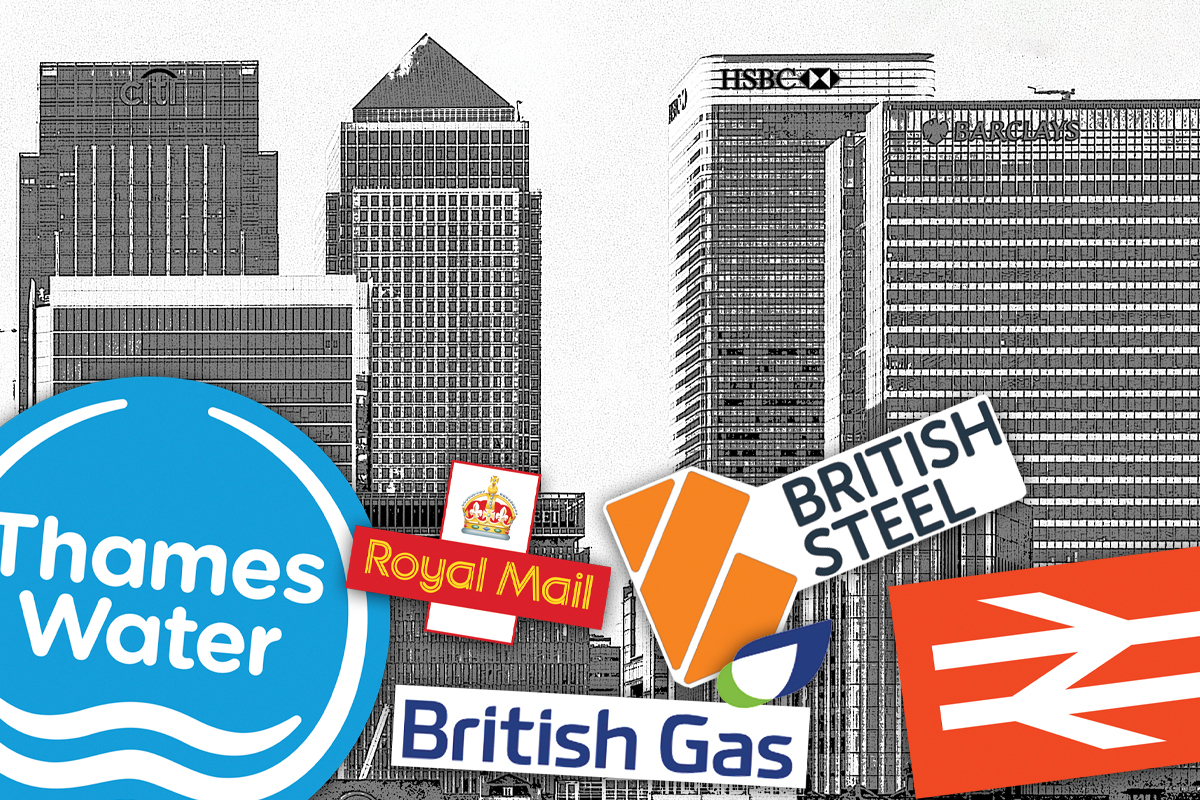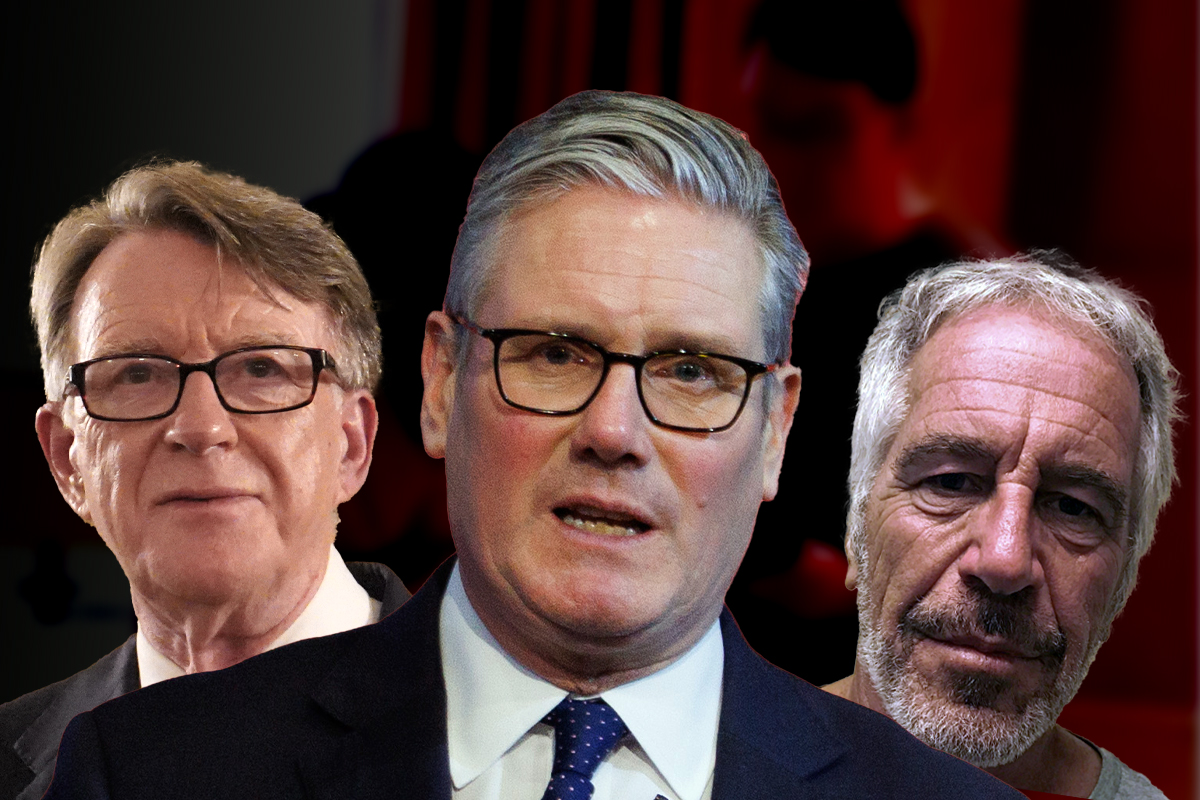The crisis playing out at British Steel has shone a light on the catastrophic impact of privatisation.
The Scunthorpe steelworks – like that in Port Talbot – have been wrecked, ruined, and left to rust by the plant’s parasitic owners. Thousands of workers have been thrown on the scrapheap. The local area is at risk of becoming a ghost town.
The chaos in the steel industry is no isolated example. For decades, government after government has sold off the family silver. And in every instance, the capitalist market has proven to be a disaster for workers.
In the hands of corporate fat-cats, Britain’s industries and infrastructure have been asset-stripped and vandalised.
Whether it be the country’s water, energy, mail, or rail networks: profiteering vultures have feasted on formally-nationalised utilities, gutting them and cutting them to the bone.
Once they have had their fill, these big-business leeches then leave the rest of us to clean up their mess. Time after time, taxpayers have been left to foot any costs.
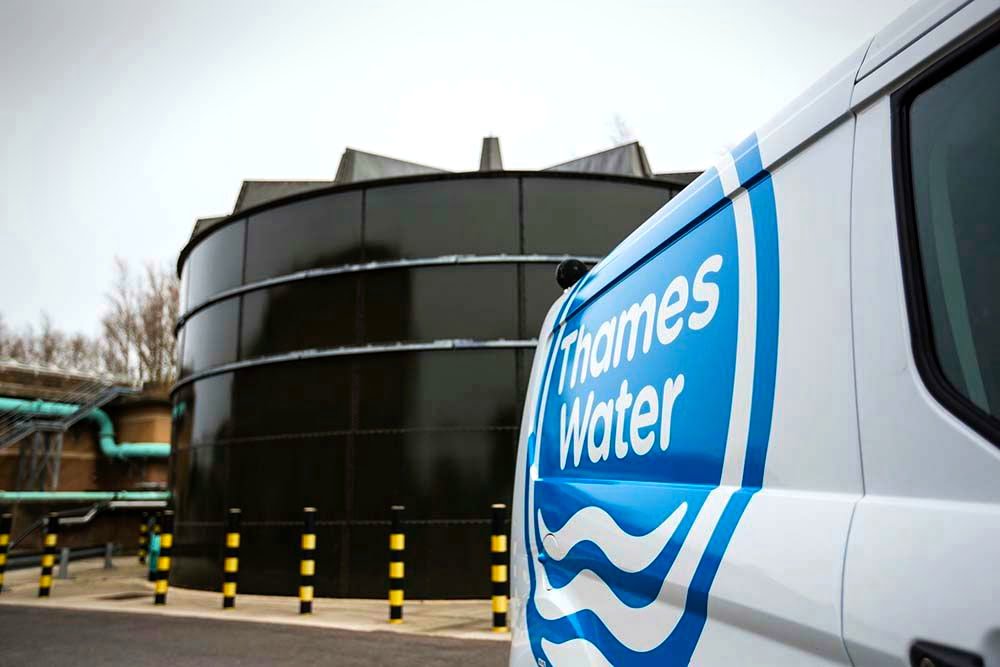
Take the scandalous case of Thames Water. In the wake of privatisation, a series of ravenous owners treated the company as a cash cow. Shareholders engorged themselves, sucking up around £7.2 billion in dividends over the space of 32 years.
Whilst failing to invest, and pumping sewage into Britain’s waterways, the firm saddled itself with debt. And now, as a result, ordinary households are seeing eye-watering bill increases, with an eventual government bailout on the cards.
Ditto with the energy monopolies, Royal Mail, and – most notoriously – the banks.
Having enriched themselves through gambling and speculation, all the big banks came running to the state, cap in hand, when their house of cards came tumbling down during the financial crisis of 2007/08.
As has become a predictable pattern, any losses have been socialised, while all the profits are privatised. And we are still dealing with the repercussions today, paying off the bankers’ debts through endless austerity and attacks.
It is time to call a halt to this destruction and devastation. Instead of us rescuing the capitalists, we should be expropriating them – all of them!
All the major monopolies, not just failing industries, should be nationalised: without any compensation, and under workers’ control.
In place of swindling and profiteering, we need socialist planning. This is the only way to protect our livelihoods and communities from the torture and havoc of capitalism.
‘National security’ or capitalist insecurity?
Alex Baxter
The precarious situation in Scunthorpe, where steelworkers’ fates hang in the balance, has sparked a political conversation about whether foreign owners should be allowed to control the country’s key industries and infrastructure.
In particular, ‘patriotic’ politicians from all the major parties have demanded that the government root out Chinese involvement in any areas of ‘national security’.
In 2020, British Steel was acquired by Jingye Group, a Chinese conglomerate. And some have suggested that the current crisis at the Scunthorpe steelworks would not have taken place if the plant were UK-owned.
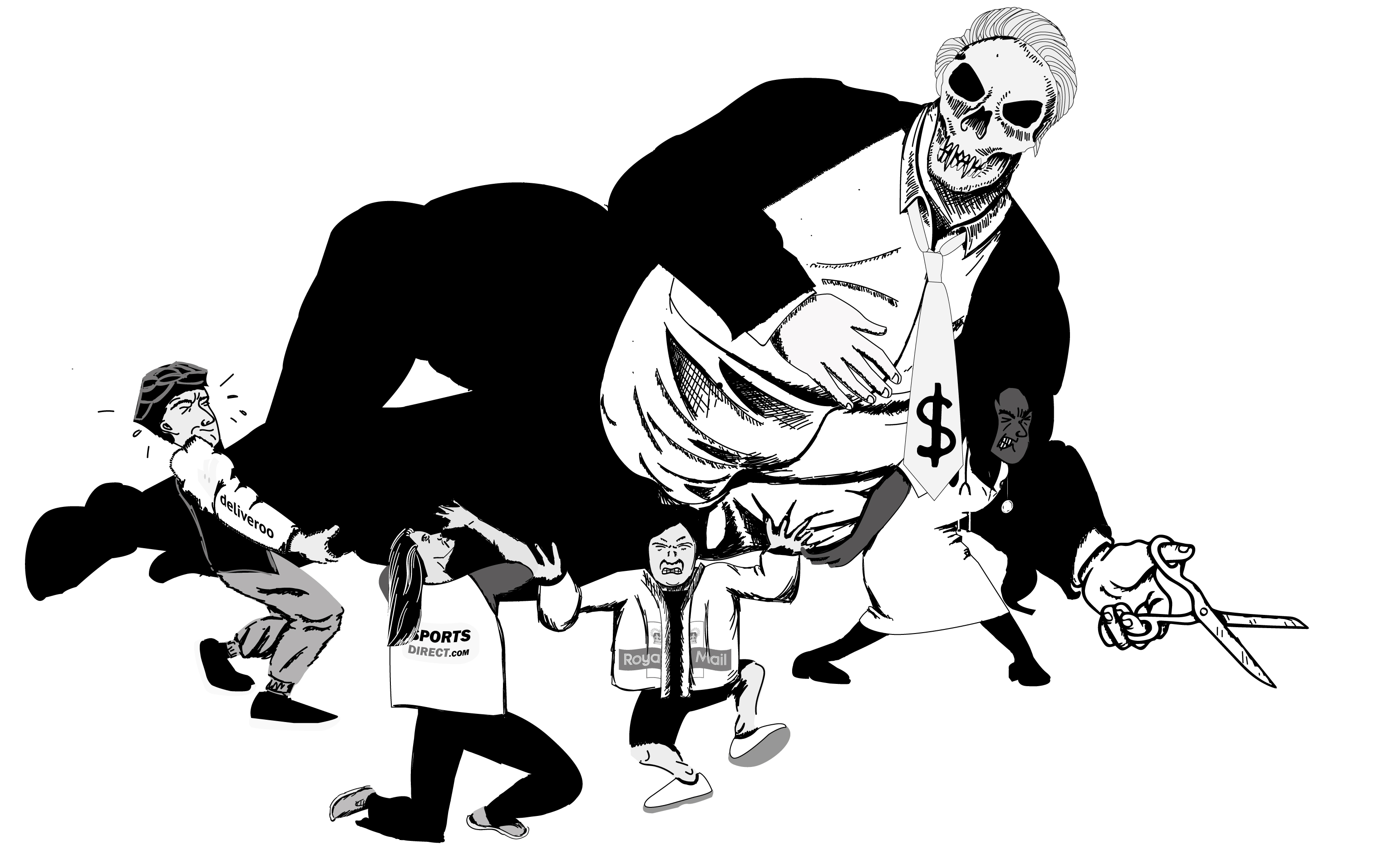
‘Securonomics’
With the government stepping in to keep the steelworks running, Chancellor Rachel Reeves has promised a ‘China audit’, supposedly to ensure that a similar fiasco does not occur in other critical sectors, such as telecoms, transport, and nuclear energy.
This fits with a tune that Labour have been whistling for some time now.
Even before coming to power, Starmer and Reeves were talking about ‘securonomics’: promising state intervention to make British capitalism resilient to global shocks, and to ensure dependable supply chains in an increasingly volatile world.
In this respect, however, it is not foreign ownership, but capitalist ownership that makes our lives insecure.
It is the anarchy of the market and the heightening tensions between the imperialist powers that is wreaking havoc on the world economy, giving rise to turbulence and trade wars; instability and inflation.
China-bashing
All the establishment parties – Labour, the Tories, Reform UK, etc. – are happy to partake in a bit of China-bashing, in order to deflect blame from the real criminals: the global elite of bankers, bosses, and billionaires.
But such national chauvinism (or ‘flag-shagging’, as it is sometimes referred to these days) will not pay the bills. Jingoism will do nothing to put food on our tables or a roof over our heads.
The Sinophobic rhetoric around the dangers of Chinese ownership is nothing but a cynical distraction; a case of hypocritical scapegoating.
The truth is, the UK economy is already controlled by foreign capital – by US monopolies! From supermarket shelves, to our online lives: American multinationals dominate the British (and world) market.
The irony is, with Trump imposing painful protectionist measures on US imperialism’s ‘friends’ and foes alike, the sober-minded strategists of British capitalism are currently asking themselves: who is a more reliable economic ally to the UK these days – Washington or Beijing?
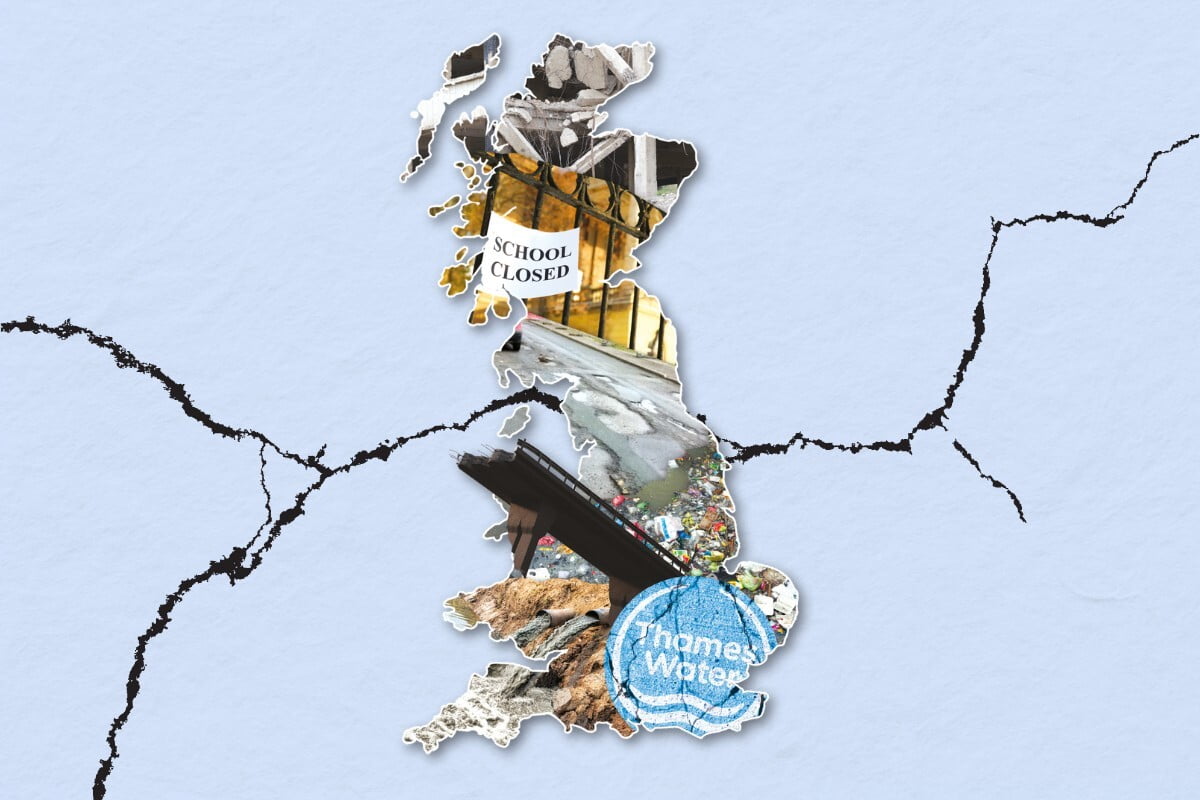
Dictatorship of capital
British ownership would make no difference, as long as the economy remains in the hands of the capitalists.
Billionaire bosses like Sir Jim Ratcliffe – CEO of chemical giant Ineos, and Britain’s second richest man – have proven to be just as ruthless and unscrupulous as their Chinese, Emirati, Indian, or American counterparts, as the case of Grangemouth shows.
The British ruling class and its flag-waving representatives are deluded. They are incapable of accepting the fact that British capitalism is extremely weak and decrepit, reliant on international investment and dominated by global capital.
The Tories, Farage, Starmer and co. can all bang the drum about British control over strategic assets. But the logical conclusion of this can only mean nationalisation and economic planning.
As long as the key levers of the economy remain in private hands, it will be a dictatorship of billionaires and bankers that gets to make all the real decisions in society.
Workers’ control
Unfortunately, the trade union leaders have also bought into this chauvinistic vision of economic nationalism. For example, Unite leader Sharon Graham has welcomed Labour’s rearmament drive, on the proviso that it is British workers making British bombs.
Workers can have no trust in any of the capitalists, foreign or domestic. Nor can we rely on big business politicians such as ‘Sir’ Keir Starmer.
Instead of promoting ‘national champions’ and ‘British [capitalist] ownership’, the labour movement should be fighting for public ownership and workers’ control.

